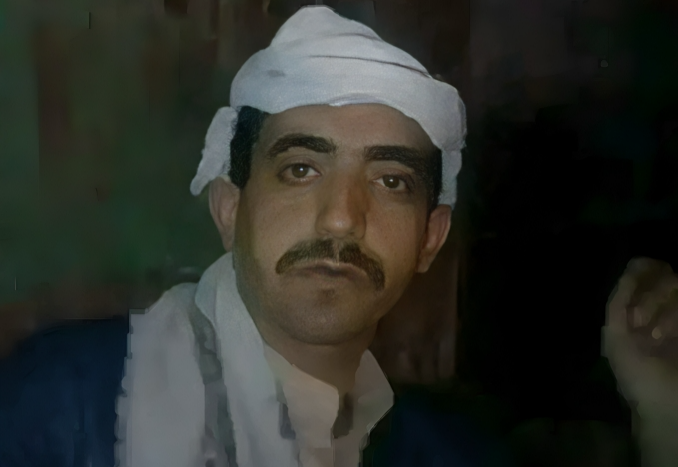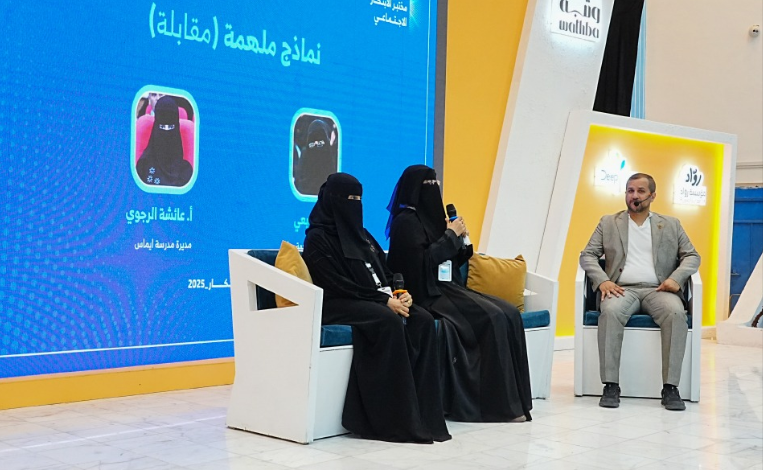
Barran Press
On Saturday, August 3, 2024, Yemenis took to social media to commemorate the 8th anniversary of the Houthi group's brutal killing of four prominent sheikhs and dignitaries from Al-Bayda Governorate (central Yemen), using the hashtag #ذكرى_غدر_الحوثي_بمشائخ_البيضاء.
The hashtag trended widely, with users highlighting the Houthi group's numerous crimes, classified as a terrorist organization, which have spread across Yemen. They also denounced the group's discriminatory policies and its efforts to divide the Yemeni people.
The murder of the four sheikhs from the Al-Umar tribe in Al-Bayda, according to users, served as a stark reminder of the Houthi group's treachery and betrayal of those who trusted them. The sheikhs were summoned by the Houthis only to be executed and their bodies dumped in a remote area, discovered days later by a shepherd.
Many users argued that remembering this heinous crime serves as a call for unity among the Yemeni people to work together to rid themselves of the Houthi group. Others emphasized that such crimes cannot be forgotten and will never be forgiven.
Barran Press monitored some of the most prominent posts, including one by journalist and political activist Abdulrahman Jahlan, who stated, "Despite the crimes committed by the Houthis in various parts of Yemen, the execution of the Al-Umar sheikhs remains the most heinous and hateful crime."
He added, "May God have mercy on them, they were victims of the Houthis' treachery and betrayal seven years ago. This crime will forever haunt the coup leaders, and their crimes will stand as a testament to the darkest period of the coup against the state in Yemen."
Activist and human rights lawyer Nasser Ali Al-San'a addressed the tribes and sheikhs of Al-Bayda and Yemen, saying, "There are many reasons for you to unite against the Houthi Imami project, and the most important is this heinous crime committed by the Houthi militia against the Al-Umar sheikhs, killing them in such a savage and painful way."
He continued, "These heroic men, the noble sons of Al-Bayda, symbols of free tribes, refused to be puppets and spies for the [Houthi] leader and Iran. They stood tall with Yemeni pride and dignity, and the terrorist Abdulmalik al-Houthi betrayed them."
Activist Abdullah Saleh Al-Abdalli believes that the seventh anniversary of the murder of the Al-Umar tribe sheikhs by the Houthis is a sad reminder that has pained all the people of Al-Bayda and hurt all the free people of Yemen. He considers it a stain on the conscience of any person from Al-Bayda who remains loyal to this criminal, sectarian militia.
Activist Naif Ayda Al-Amad wrote, "The Houthis adopt policies of racial discrimination against others in the Yemeni governorates based on regional and ideological grounds. If the murdered men were from their lineage, the criminal would not have remained free to this day."
On August 3, 2016, the Houthi crime against four Al-Umar sheikhs in Al-Bayda – Sheikh Ahmed Saleh Ahmed Al-Amri, his son Sheikh Saleh Ahmed Saleh Al-Amri, Sheikh Mohammed Ahmed Mohammed Al-Amri, and Sheikh Saleh Salem Bena Al-Amri – was revealed after their bodies were found dumped in a remote area in Al-Mulajam district.
The bodies showed that the four sheikhs were executed by the Houthis, who had previously summoned them for questioning.





